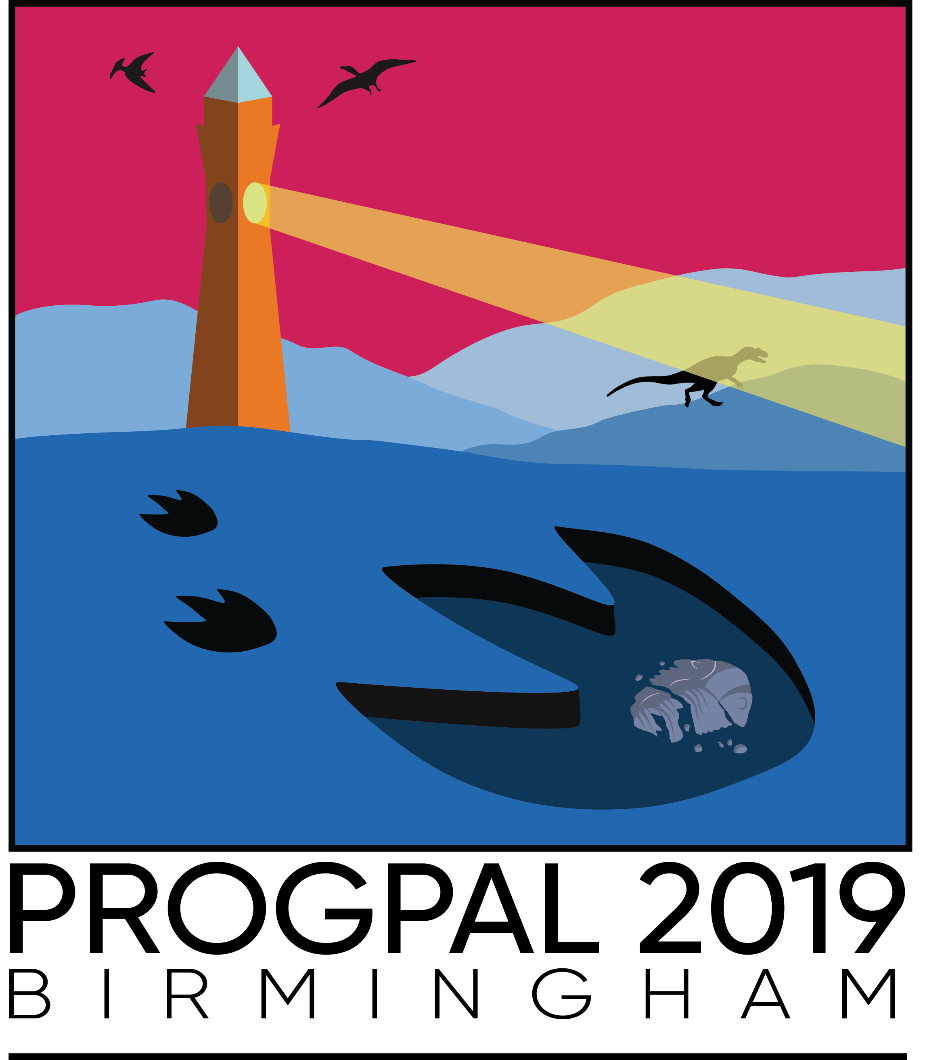1. Introduction to the Paleobiology Database
Prof. Richard Butler
This workshop will provide an introduction to the Paleobiology Database (PaleoDB), the community-built resource that has enabled more than 325 papers to date. In 2018, the PaleoDB celebrated its 20th birthday and currently contains over 1.3 million occurrences of fossil animals and plants from across the Phanerozoic. These occurrence data are curated and updated by over 400 international contributors, and a large proportion of them are freely available to view and download online (www.paleobiodb.org).
The workshop will be led by experienced PaleoDB contributors and will cover aspects of data entry, extraction, and analysis, including: (1) what data are available in the PaleoDB, (2) how you can contribute to growing and improving the PaleoDB, including practical experience of entering data; (3) exploring and choosing available data; (4) how to extract these data for use in analyses within R.
Participants: 15–20 max.
Duration: 2 hours
2. An Introduction to Digital Palaeontology
Dr Stephan Lautenschlager
New technologies, such as computed tomography, laser scanning and virtual reconstruction now make it possible to study extinct organisms in unprecedented detail. Consequently digital visualisation, reconstruction and analysis techniques have become powerful tools in palaeontological research. This workshop will provide an introduction to the world of digital palaeontology centred on the 3D modelling and animation package Blender. Although it has a steep learning curve, Blender is one of the most versatile digital tools and the free availability makes it ideally suited for research.
In the workshop the following topics will be covered: (1) Introduction to the Blender interface and fundamentals; (2) Importing and manipulating digital models; (3) Materials and textures; (4) Rendering and visualisation; (5) Box-modelling and creation of models in a digital environment; (6) Basic animation; (7) Outlook to customising Blender using Python.
Sample files and hand-out will be provided, but there will also be opportunities for participants to bring their own digitals models.
Participants: 15–20 max.
Duration: 3 hours

